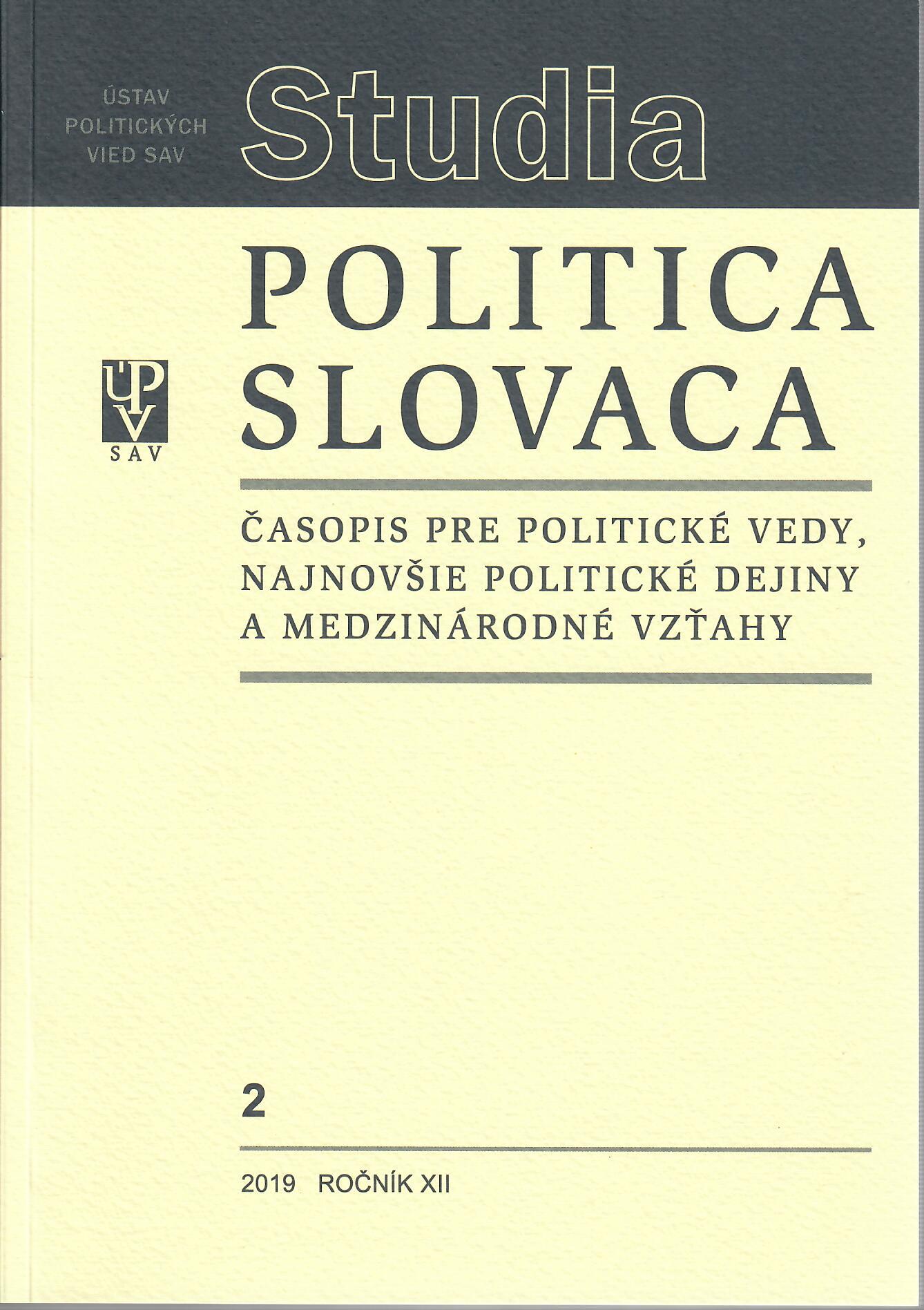Německá otázka a Československo po druhé světové válce
The German question and Czechoslovakia after World War II
Author(s): Zdeněk VeselýSubject(s): WW II and following years (1940 - 1949), Post-War period (1950 - 1989), Fascism, Nazism and WW II
Published by: Ústav politických vied Slovenskej akadémie vied
Keywords: Nazi Germany; Czechoslovakia; Ostpolitik; Munich agreement; WW2; Postdam agreement; expulsion of Germans; Cold War; Federal republic of Germany; German democratic republic;; soviet bloc; détente;
Summary/Abstract: The paper deals with the relation of Czechoslovakia to the German question after WW2. The author categorises the issues into three periods. Immediately after the end of the war (1945-1948) Czechoslovakia – the first victim of the agression of Nazi Germany – had made a considerable effort for achieveing a peace treaty on the basis of the Postsdam agreement of the great powers of the anti-Hitler coalition. The way of dealing with the question of postwar Germany and the relationship towards Czechoslovakia was to come up with the reality of the international relations after WW2 in the form of Cold War (1949-1989). The first outcome of this new situation was the split of Germany and the loss of the independence of the Czechoslovakia, which became a satelite of the Soviet Union. Also in relation to Czechoslovakia the German question was resolved after the end of Cold War (1990), when the Soviet Bloc fell apart and Germany was reunified. Reunified Germany as a democratic state became a partner for Czechoslovakia (or more precisely, its successing states the Czech Republic and the Slovak Republic) and later on even an ally in the NA TO and the EU.
Journal: Studia Politica Slovaca
- Issue Year: XII/2019
- Issue No: 2
- Page Range: 5-21
- Page Count: 17
- Language: Czech

